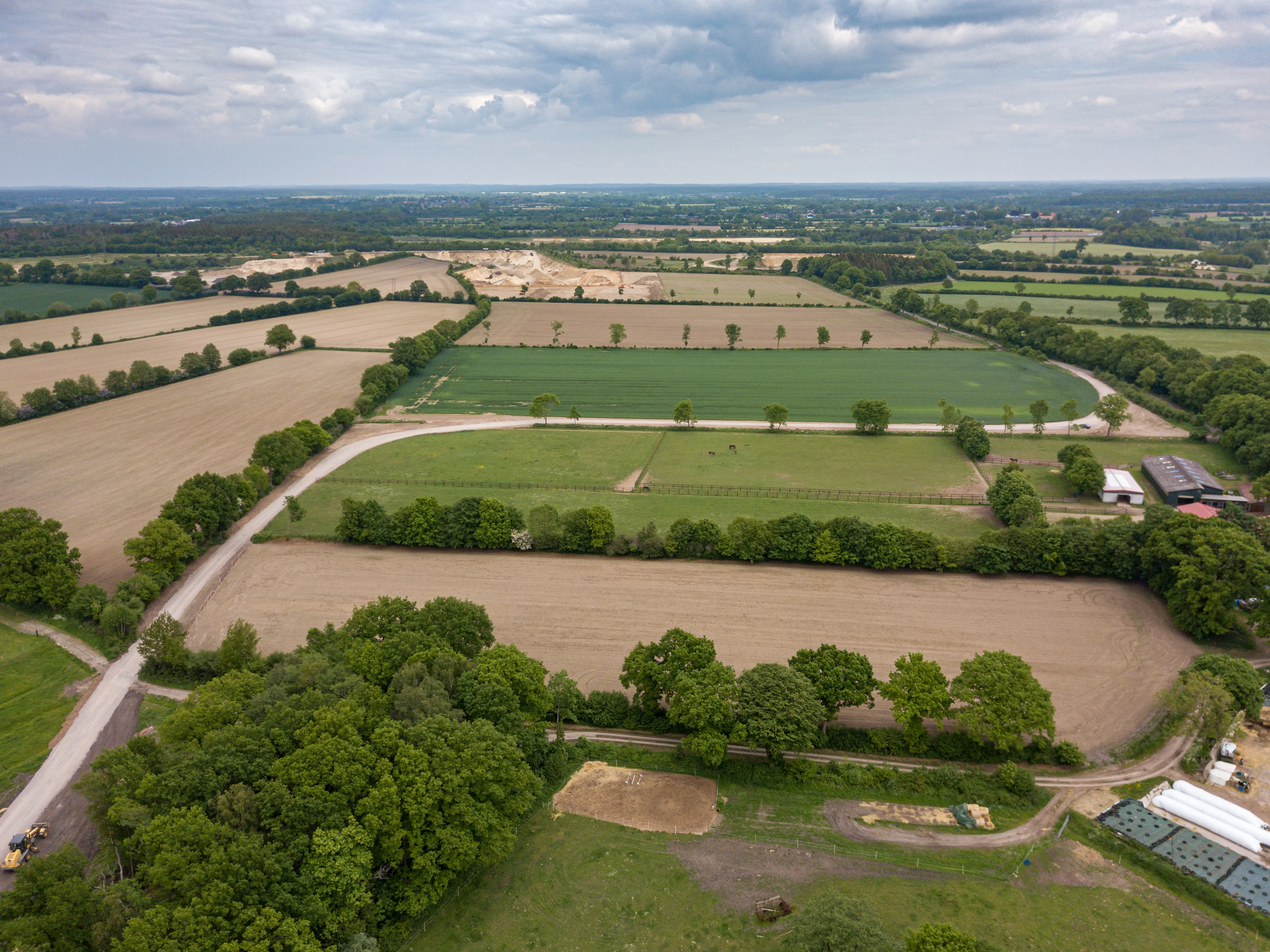By leasing out your open space, you transform your land into a source of sustainable energy and actively contribute to the energy transition.

Since 1995, we have been planning and developing Renewable Energy projects on suitable open spaces, making us your reliable partner. Whether it's wind energy, solar energy, biomethane plants, or storage systems - your property can also become a key location for the energy transition. We utilise your open space to implement forward-looking energy projects that not only protect the environment but also strengthen regional infrastructure and provide economic impetus. Prokon guarantees you fair and transparent lease conditions and ensures that all projects are implemented according to high ecological standards and taking local conditions into account.

For the construction of wind farms, plots of land in soil classes IV, V, or VI are particularly suitable
Ideal for solar farms are plots of land classified as soil categories IV, V, or VI. Even in the presence of higher soil categories, it is possible to divide the land into sections. When developing solar parks, we focus on open spaces of at least 5 hectares in size. This primarily includes agricultural land, such as arable fields, areas along railway tracks or motorways, as well as commercial and industrial zones. The open spaces should not only be situated outside national parks, nature reserves, landscape parks, and Natura 2000 areas, but they should also not be subject to shading by buildings, forests, or individual trees, to ensure that the efficiency of solar radiation is not compromised.
For the realisation of biomethane plants, specific conditions must also be met to ensure the efficiency and environmental compatibility of the project. These include, for example, sufficient size, good connection to existing energy distribution networks to facilitate the feeding in of the generated biomethane, as well as the presence of stable and durable soils. Furthermore, the open area should not be located near water or nature conservation areas and other similarly sensitive zones. As our biomethane plants rely on organic materials, particularly slurry and manure from pig, cattle, and poultry farming, it is advantageous if the site has good access to these resources. Long transport routes should be avoided wherever possible.
The most important prerequisite for the installation of a storage system is the availability of sufficient capacity at the local substation to ensure the connection of the storage system. The open space should also be easily accessible and have appropriate infrastructure to facilitate the transport and installation of large battery systems. Additionally, storage systems based on battery technology require specific safety distances from residential areas or other public facilities.
Language (Country)
Prokon eG 2024. All rights reserved.